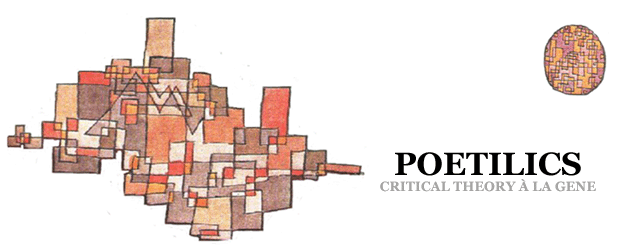Andrew Macleod, 2001 ALP candidate for the federal seat of McEwen, has quit the party. Given the state of the ALP, this is not a particularly surprising move. But the reasons he gives for quitting in today's The Age - and his vision for a reconfiguration of Australian political parties - are indicative of our right-wing consensus.
Macleod starts from the observation that on the key questions of refugee rights and gay marriage the Labour and Liberal parties are split internally
between socially conservative and progressive elements. This is true except that they are not split equally. The Liberal party remains proportionately more conservative - the nobler origins of the ALP guarantees at least that much - no matter how much "Liberalist philosophy" Macleod invokes.
Macleod then argues that Labour and Liberal don't line up neatly against each other on today's key issues because of the decline of the Liberal-boss v. Labour-worker set-up that defined the 20th Century. According to Macleod, neither party is "so interested in the worker versus employer divide of the Cold War days." But just because you don't take an interest in capitalism doesn't mean it won't take an interest in you - or that you don't advance its interests. And it should be perfectly obvious that both parties are uninterested in citing the boss/worker divide because they're unequivocally on the "boss" side of it.
Macleod's alternative is to submerge parliament in two historic forms of bourgeois rule: a party for constitutional democracy and a party for "progressive" democracy in the sense of the ongoing extension of formal equality. To quote:
"Australia needs a conservative party to represent the
conservative views in our community on gay marriage, asylum, the
monarchy and so on. We also need a liberalist, progressive party to
represent the alternative views. If we do not have parties that represent the ideological
divide in our community, then where is our democracy? Where is our
choice?"
If the choice is between neoliberalism and monarchy and neoliberalism and a republic I would ask the same question. The choice gets stickier when it is a question of asylum seekers and equal marriage rights - and on these issues it's clear that Macleod and I agree. Generously construed, Macleod's suggested reconfiguration of Australian politics is intended to find a way out of the deadlock of a democracy that can't find a major party to even advance these two key questions of social justice.
The problem is that he resolves the deadlock by advocating we continue the rightward trend that got us into this mess, recommending that the major parties are reconfigured in such a way that the primary condition of social justice - socio-economic position - drops out of the picture completely. In a time of global austerity (coming soon to an Australia near you?) such arguments use "social justice" as cover for their devastating social effects.
What is perhaps most indicative of Australia's right-wing consensus is that Macleod can leave the ALP without going to the "other side." In the past, labour movements have been strong enough to polarise the field and at least force defections. But class politics have been so utterly liquidated that Macleod can leave while arguing that there aren't any sides when it comes to neoliberal reaction, the most important question of our age. To quote Balibar in his awesome Philosophy of Marx, "humanity cannot abandon a problem which it has not yet solved." Macleod is for wholesale abandonment - which amounts to letting the problem have its terrible way. As Hyppolite says in Logic and Existence: "Dialectic in-itself exerts force on consciousness when it is not that dialectic for-itself."
All this is probably very obvious for my Trostskyite comrades. But like I say below: I need the practice.
